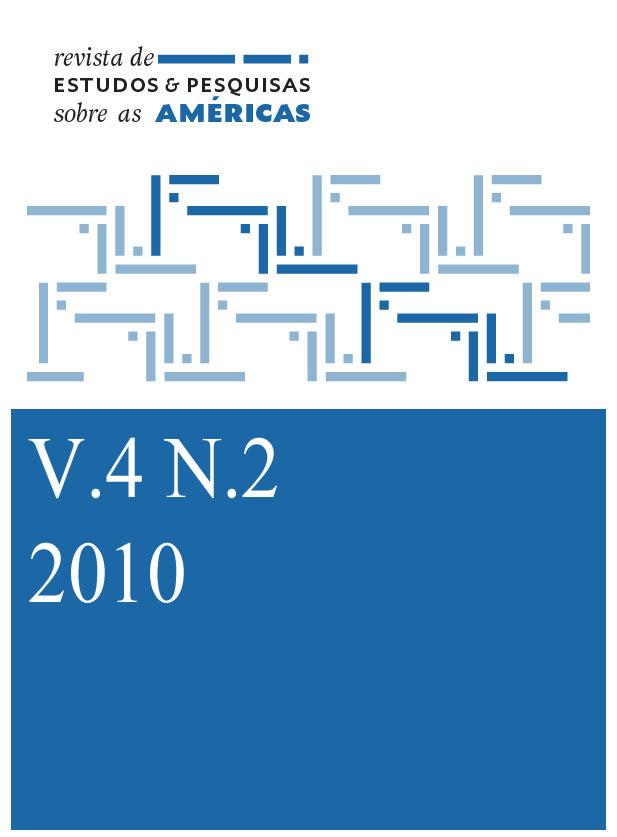Competing discourses of the “Maya Past”
Abstract
The use of the "Maya past" for tourism marketing purposes has been a successful tool for attracting international visitors to Mexico for decades. Images of the Maya zone emerge, in part, from an academic focus on the "Maya past" that includes curiosity about the so-called "collapse" of the Classic Maya civilization. The Ancient Maya are seen as “mysterious" and their society as "enigmatic". But the voices of the almost thirty million Maya people who live in Mexico and Guatemala are only vaguely heard in the discourses of tourism and of academia. This paper examines three competing discourses of the Maya and proposes that these discourses represent epistemologies that are nested in relationships of power, such that the Maya discourse is silenced. As such, the dominant discourses of the Maya past can undermine the Maya understanding of their own past, and become a self-fulfilling prophecy regarding the “collapse” of the contemporary Maya.Downloads
Downloads
Published
How to Cite
Issue
Section
License
The published material is the property of the Journal, and may be reproduced in whole or in part with indication of the source.
Copyright: Authors will be responsible for obtaining the copyright of the material used. Authors who publish in this journal agree to the following terms:
a)Authors retain the copyright and grant the journal the right of first publication, with the work simultaneously licensed under
the Creative Commons Attribution License which allows the sharing of work with acknowledgment of authorship and initial publication in this journal.
b) Authors are authorized to take additional contracts separately, for non-exclusive distribution of the version of the work published in this journal (eg, publish in institutional repository or as a book chapter), with acknowledgment of authorship and initial publication in this journal.
c) Authors are allowed and encouraged to publish and distribute their work online (eg in institutional repositories or on their personal page) at any point before or during the editorial process, as this can generate productive changes as well as increase the impact and the citation of the published work (See The Effect of Free Access).
















